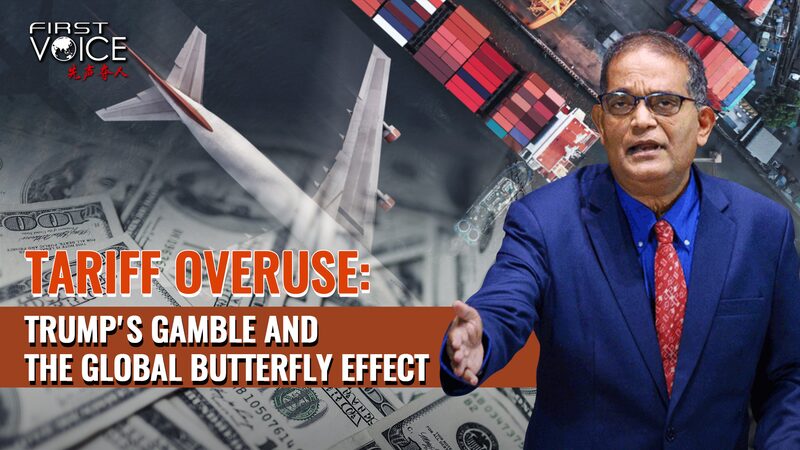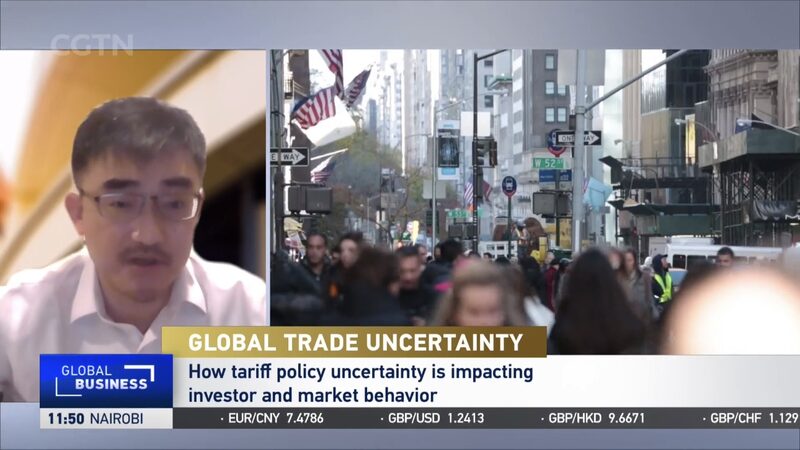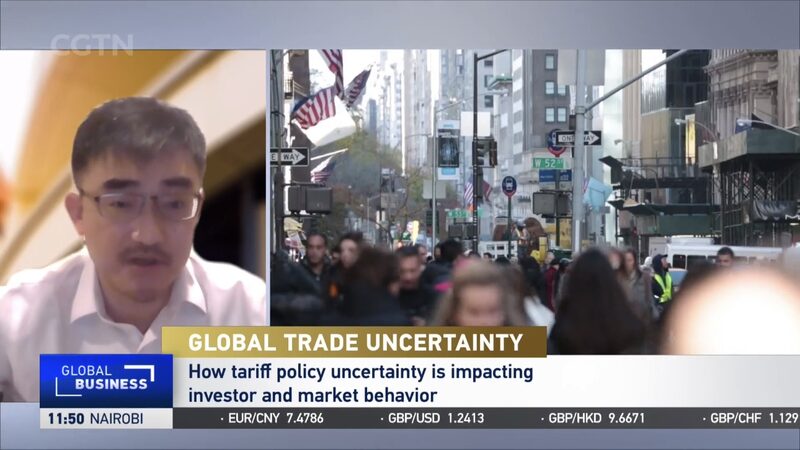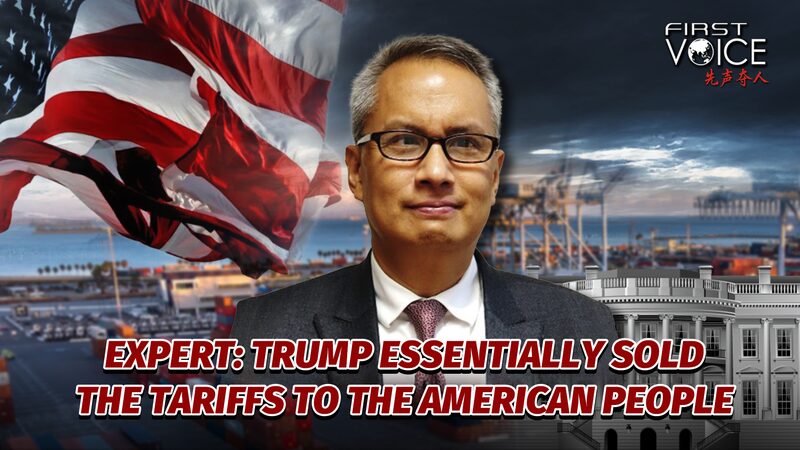With the 10 percent tariff imposed by U.S. President Donald Trump on the Chinese mainland taking effect on February 4, an interview with American economist and Columbia University professor Jeffrey Sachs shed light on the consequences of trade protectionism.
Sachs expressed grave concerns over the U.S. government's tactics, describing its move to impose unilateral tariffs as \"a misguided, detrimental aspect of U.S. statecraft.\" He warned that this protectionist approach is harmful not only to the U.S. itself but also to the global economy, noting that \"protectionist economies do not thrive\" and \"lose their competitive edge.\" Reflecting on history, he highlighted the Smoot-Hawley Tariff Act, stating, \"When the U.S. imposed high tariffs in what is called the Smoot-Hawley tariffs, this led to a cascade of protectionism all over the world in the 1930s that was catastrophic.\" He cautioned that the consequences included \"a collapse of global trade, a collapse of peaceful relations among countries and eventually the return to world war.\"
In light of these historical lessons, Sachs maintained that the U.S. has, in fact, been a major beneficiary of the Chinese mainland's economic rise, adding that \"the Chinese mainland's rapid development has been a boon for the U.S., fueling the growth of industries and the digital revolution.\" He emphasized that \"it's made a lot of people rich\" and \"a lot of industries rich\" in the U.S.
Sachs also acknowledged the political dynamics driving the protectionist sentiment, noting that the pursuit of votes in swing states has contributed to the rise of anti-trade rhetoric. However, he expressed hope that \"insiders in what is otherwise politically motivated as a protectionist administration will understand the underlying economic realities a bit better than what is apparent on the surface.\"
Looking beyond the U.S., Sachs urged other countries, such as Europe, to maintain open trade with the Chinese mainland, rather than \"blindly following the U.S.\" down the path of protectionism. He argued that if the U.S. \"abandons itself from the open trade system, there's a big world beyond the U.S., and the Chinese mainland will become the low-cost provider of many key technologies in the rest of the world.\"
Sachs' insights serve as a sobering reminder of the risks posed by protectionism and underscore the importance of fostering mutually beneficial economic partnerships on the global stage. As the world navigates the challenges arising from U.S.-Chinese mainland tensions, his call to champion free and fair trade carries profound significance for the future of international relations and global prosperity.
Reference(s):
cgtn.com




